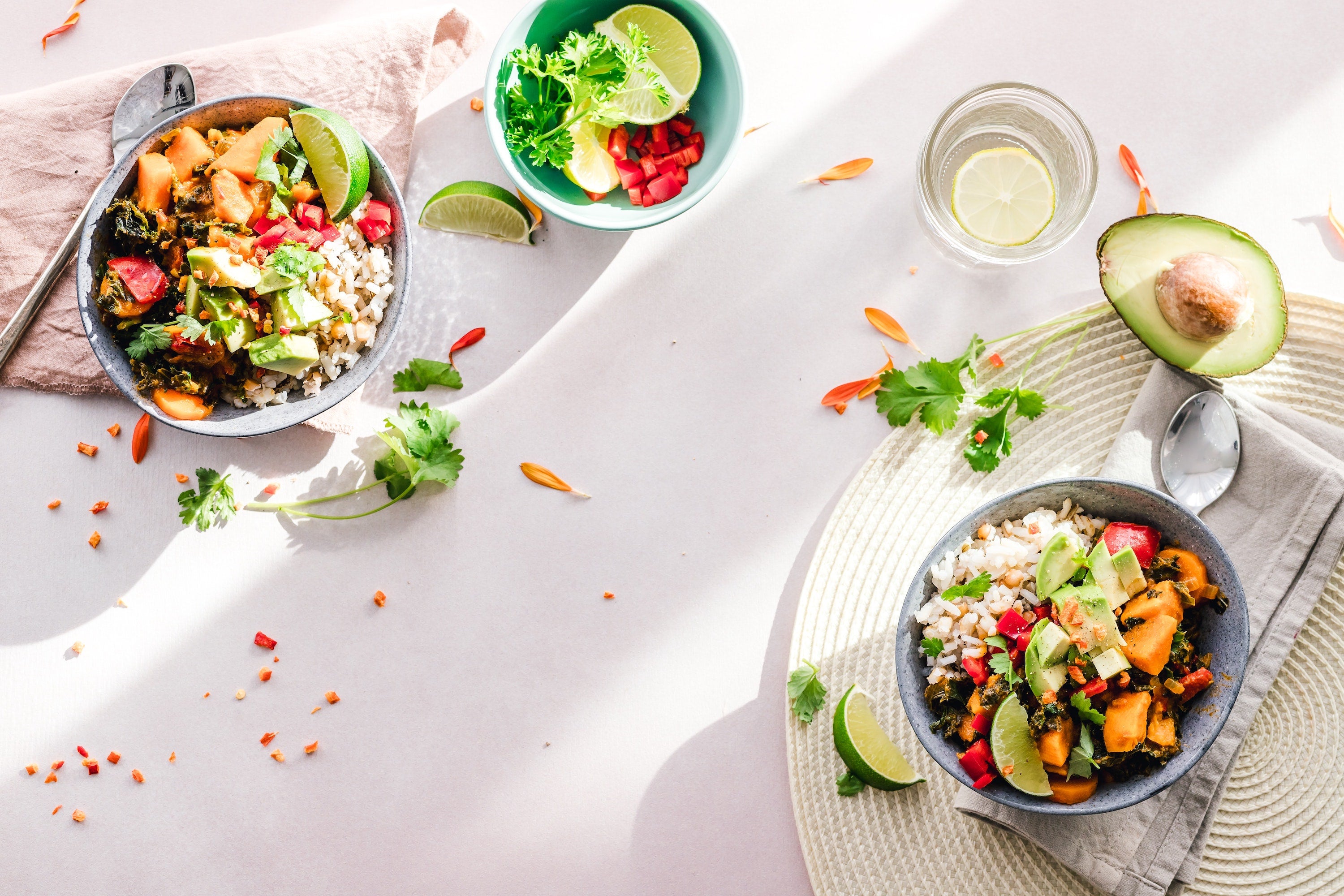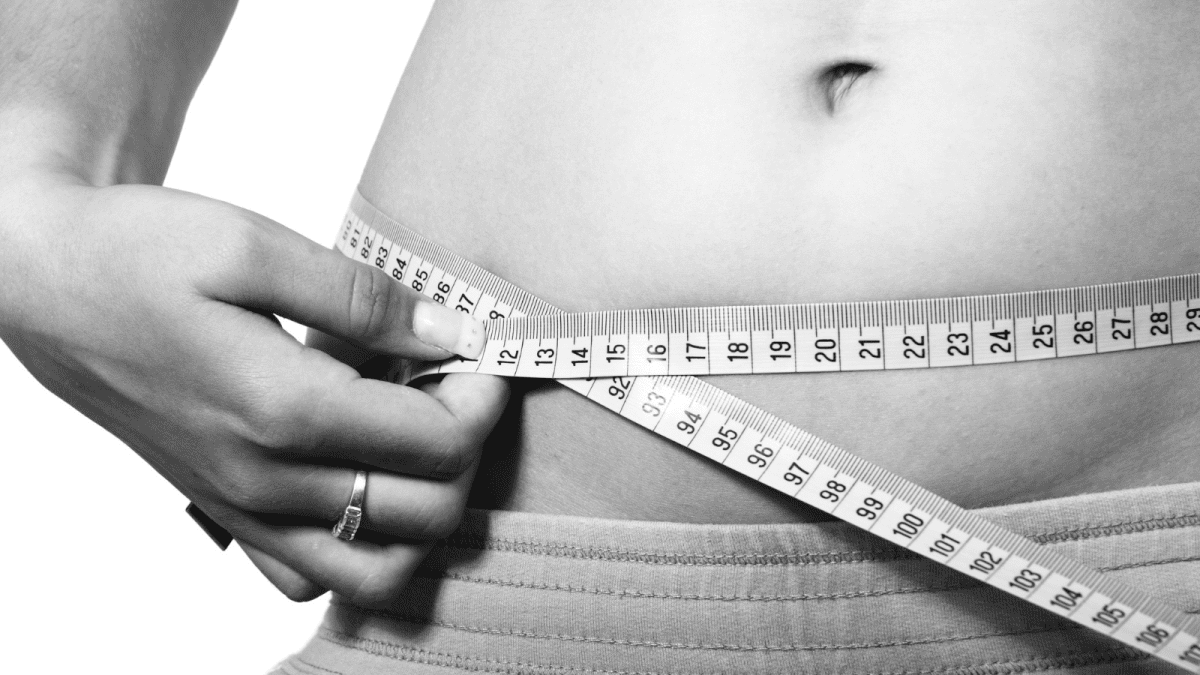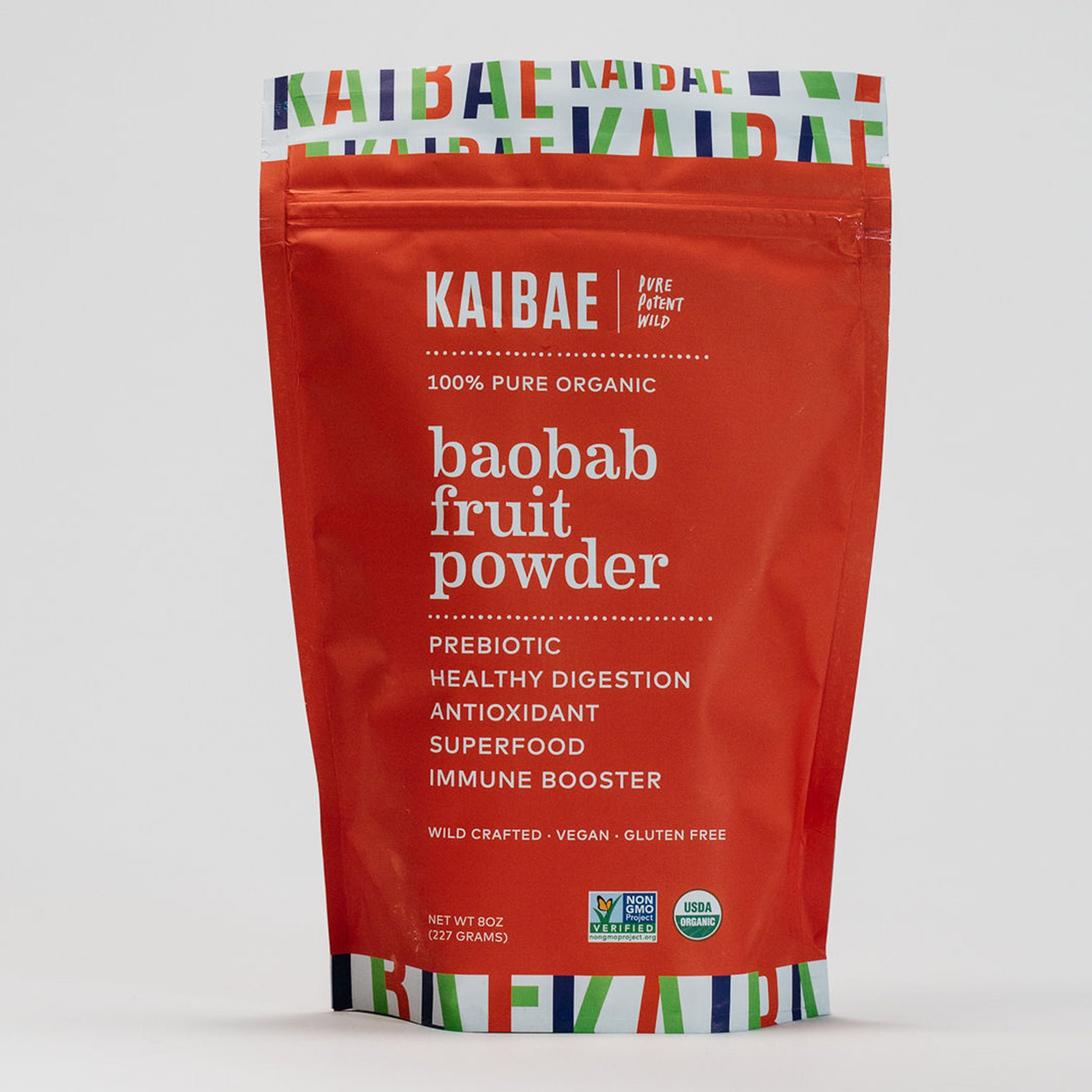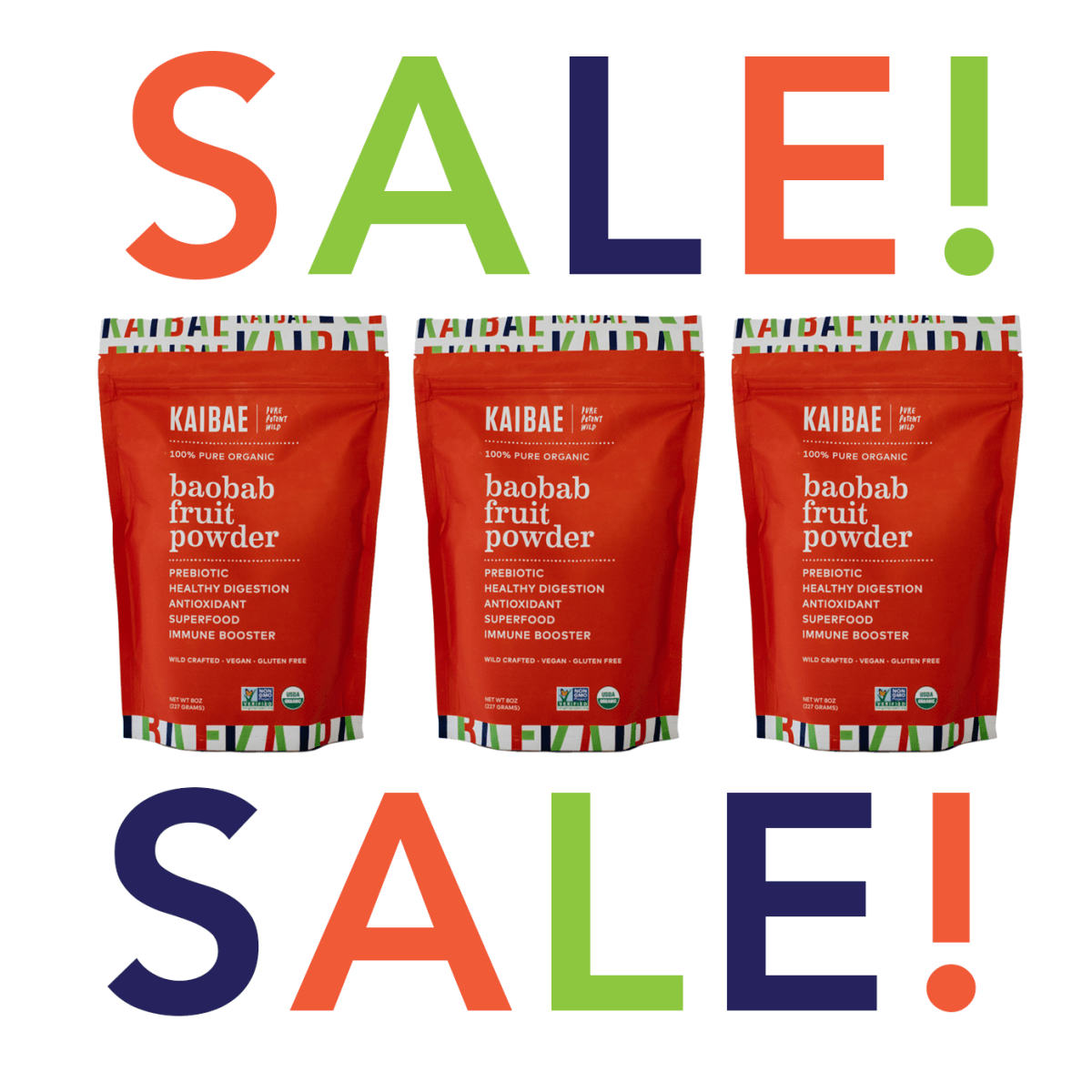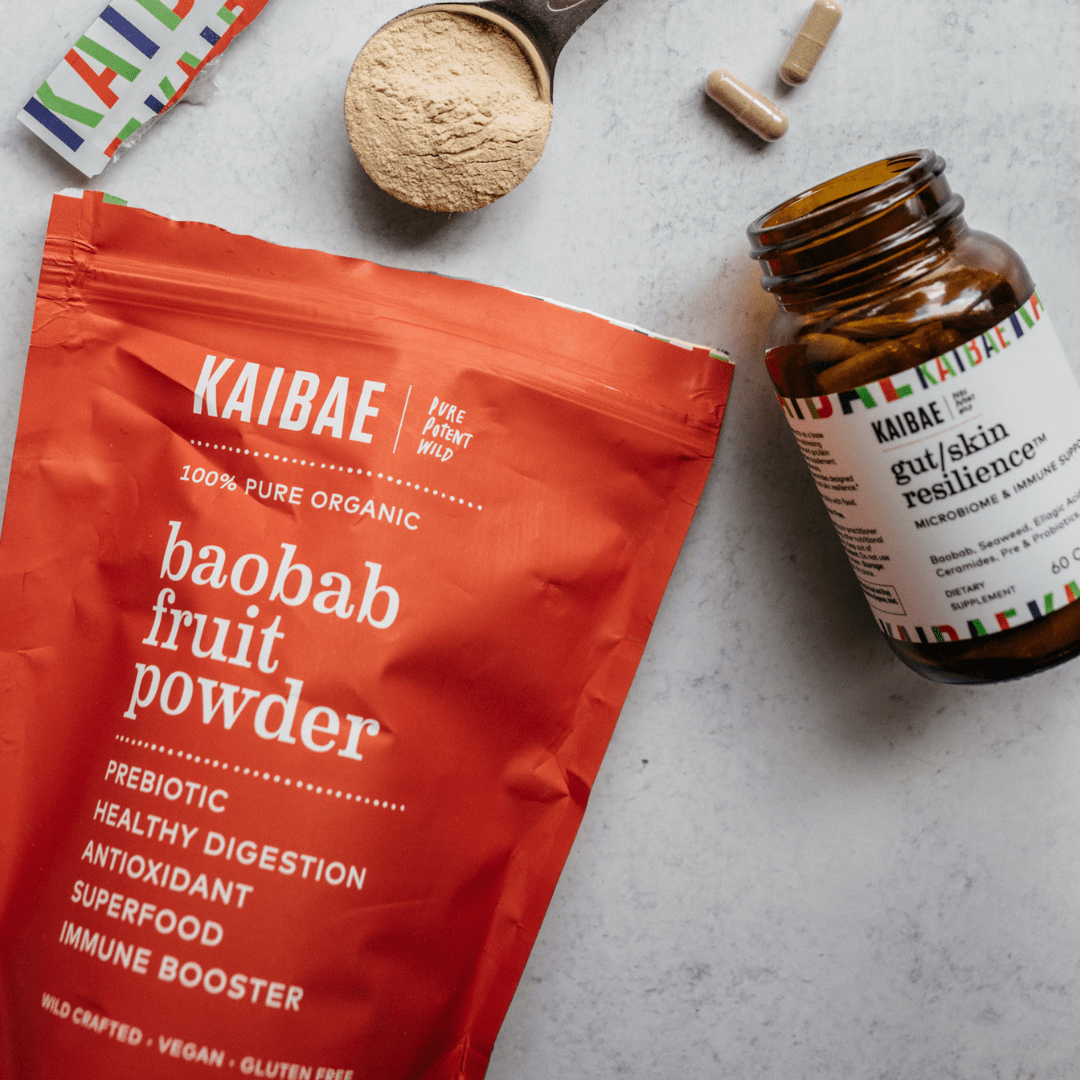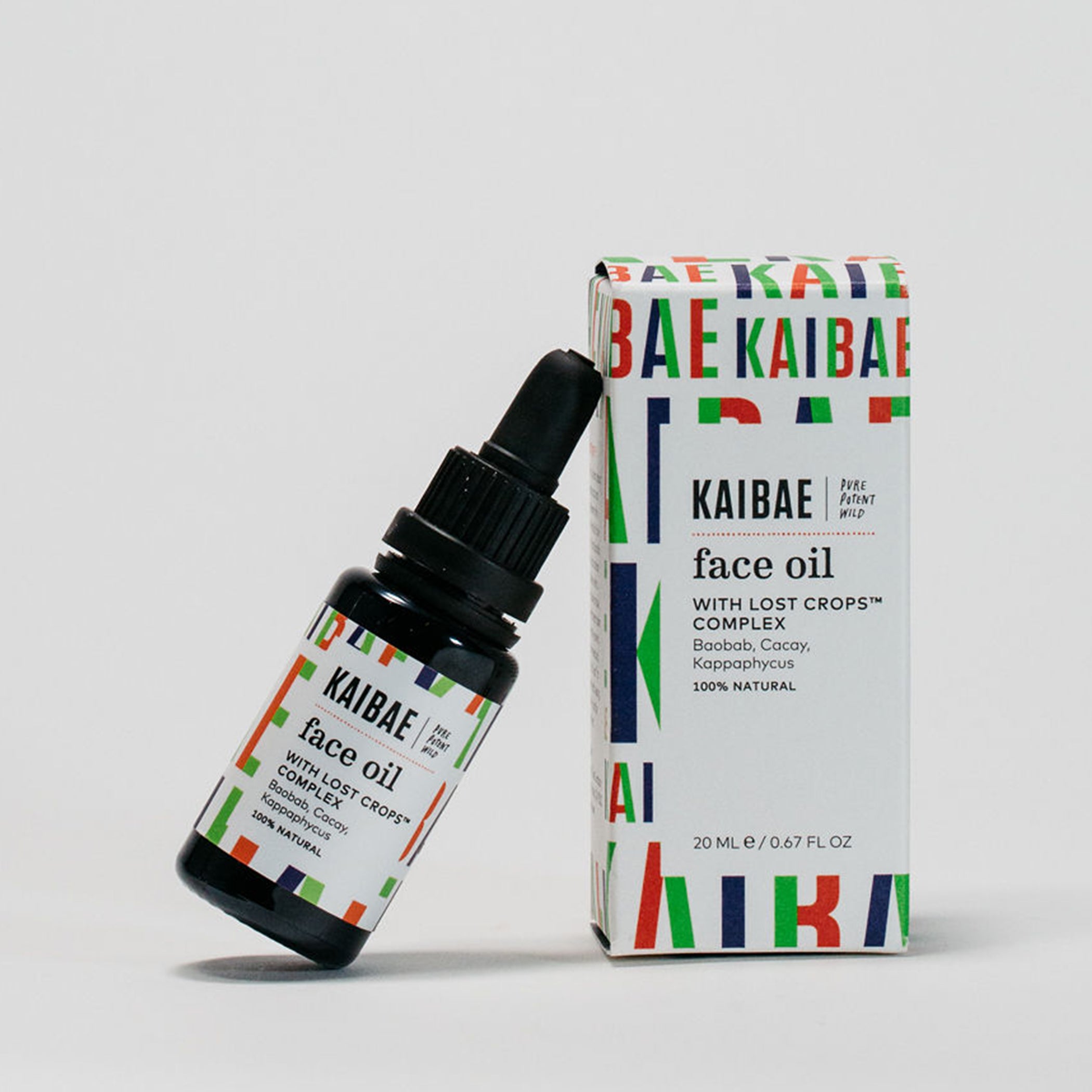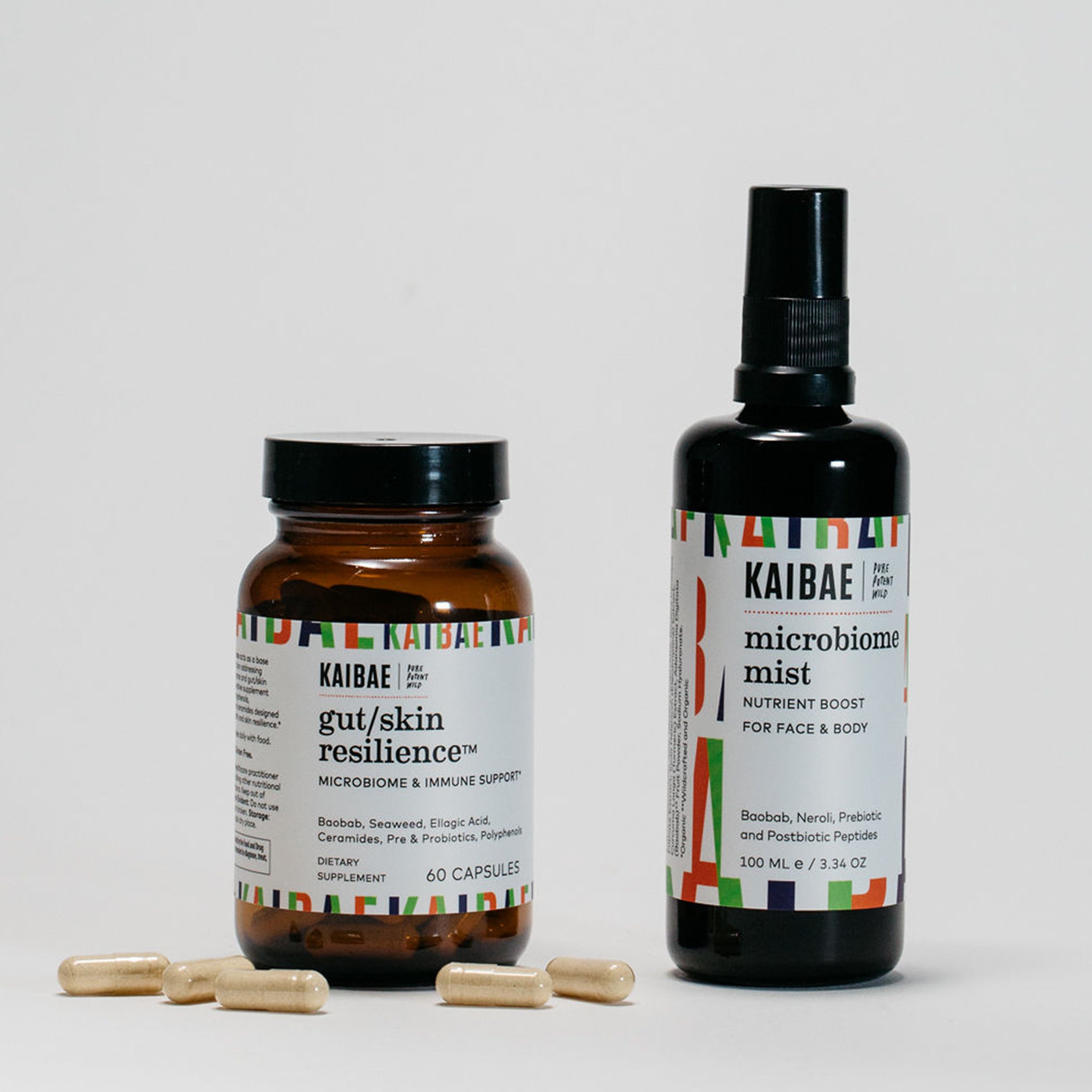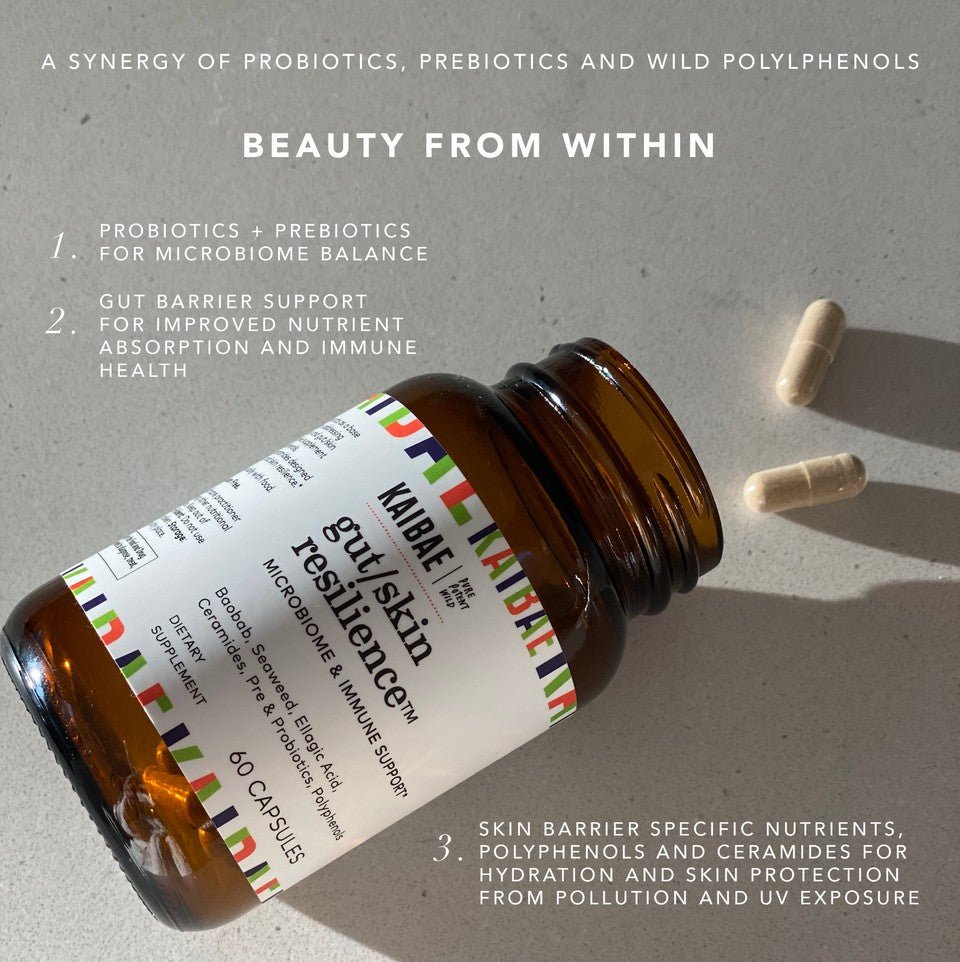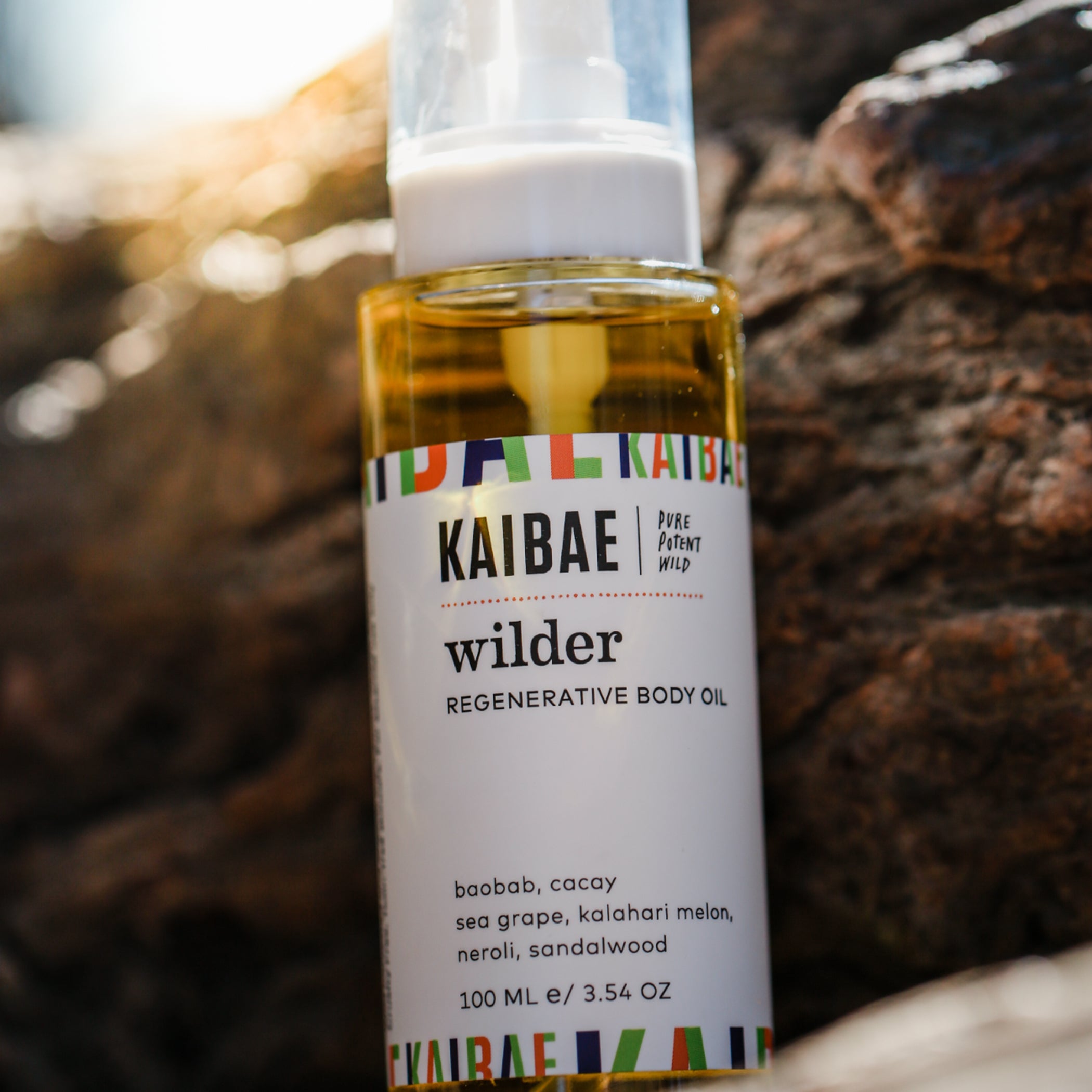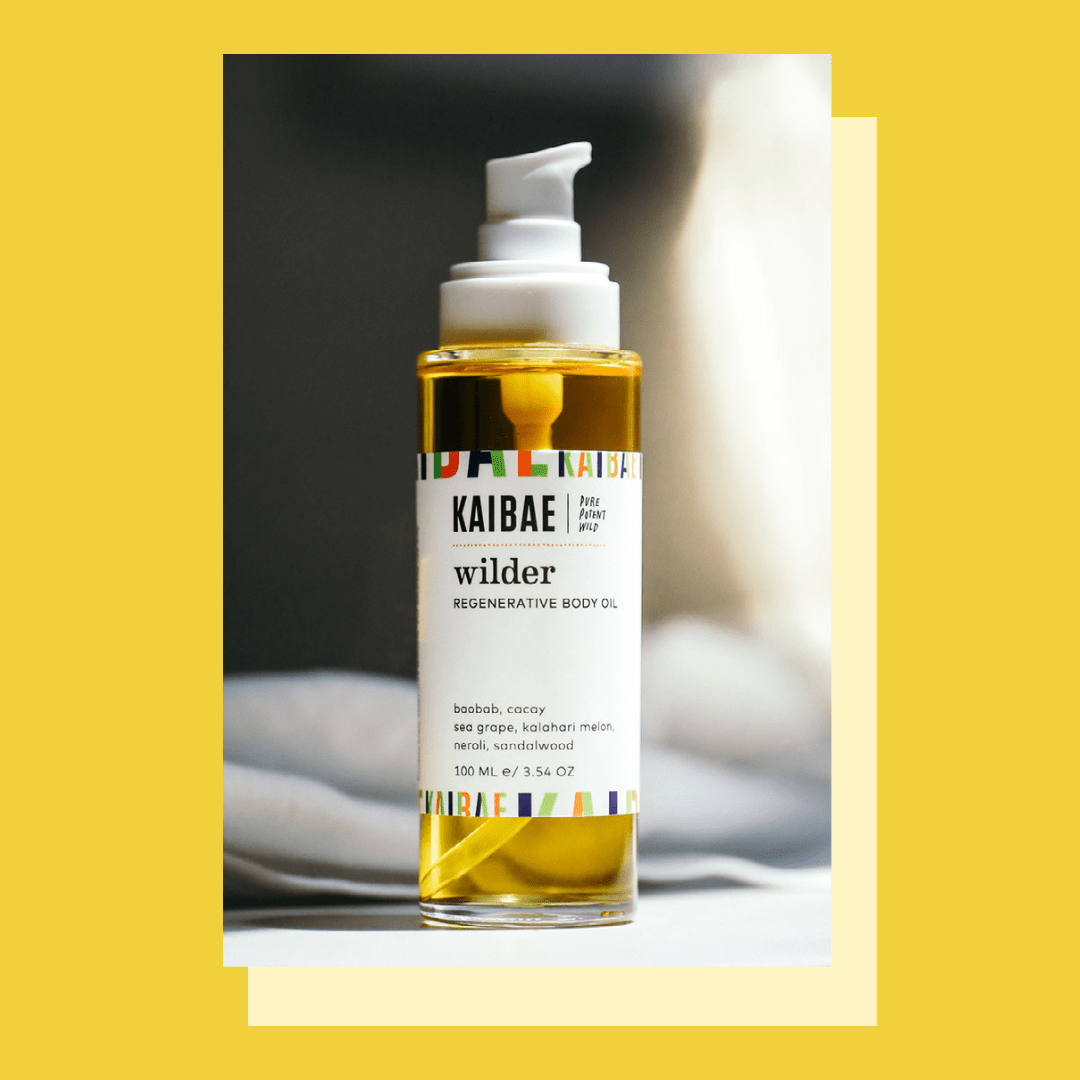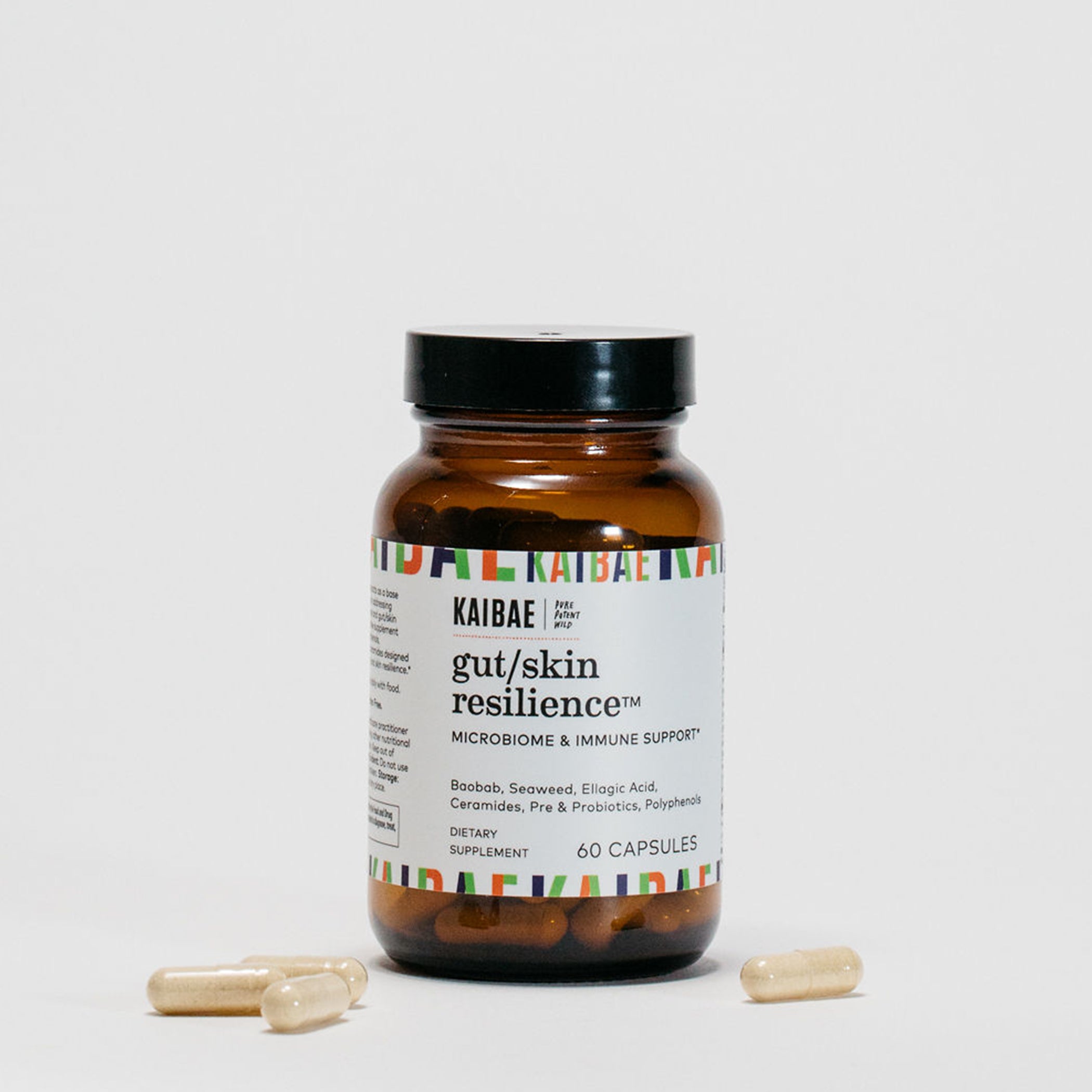Fiber Power: Unlocking the Secret to Optimal Gut Health
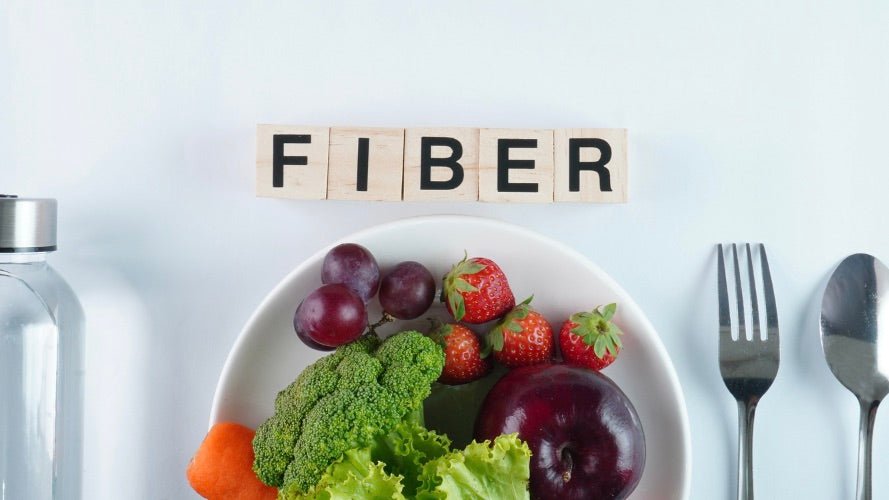
Fiber, what's all the buzz about? Why is everyone talking about fiber these days? In a recent lead story, even The Wall Street Journal writes about the "Race to Make a Sexy Fiber Supplement".
Here's why. Fiber is important to our health because it supports gut health which is essential to our overall well-being. Fruits and vegetables are high-fiber foods that help regularity, support beneficial bacteria, and help reduce the risk of numerous chronic disorders. Fiber can be insoluble or soluble and both affect our health differently. Whole food fibers come in all shapes, sizes and colors, including fruits that represent life and longevity such as the Baobab fruit, and that is beyond sexy!
What Is the difference between soluble and insoluble fiber?
- Soluble Fiber is a type of dietary fiber that forms a gel-like substance in the digestive system. Soluble fiber can be found in oats, fruits, and beans.
- Insoluble Fiber does not dissolve in water and remains largely unchanged as it travels down the gut which helps with stool bulk and regularity. Insoluble fiber can be found in whole grains, vegetables, and nuts.
Whole foods include soluble and insoluble fibers and are the preferred way to add fiber to your diet. Fiber-rich fruits and vegetables are great sources of fiber, choose organic or wild harvested whenever possible.
Why fiber is so important for gut health and overall health?
Fiber boosts good bacteria for the gut
Fiber boosts the production of beneficial gut bacteria in the gut. Soluble fiber is prebiotic and serves as food for good bacteria promoting a healthy, diverse gut microbiome. Prebiotic fiber helps maintain gut lining integrity by stimulating mucus production that strengthens the protective barrier of the gut. Insoluble fiber
Fiber increases production of beneficial compounds
Fiber boosts the production of short-chain fatty acids (SCFAs), butyrate, acetate, and propionate, compounds that provide numerous health benefits such as boosting immune function and reducing inflammation.
Fiber helps alleviate constipation
Soluble fiber is effective for constipation relief. It dissolves in water to form a gel-like substance that softens stool and increases stool frequency. Insoluble fiber adds bulk to the stool and stimulates movement through the digestive tract. It helps promote regular bowel movements by increasing the weight and size of stool.
Fiber helps with blood sugar and energy
Soluble fiber stabilizes blood sugar helping to keep blood glucose levels more stable for sustained energy throughout the day.
Fiber helps prevent chronic disease
Fiber-rich diets have been linked to lower risks of disease including obesity, diabetes, cardiovascular disease, and colorectal cancer.
Fiber supports a healthy weight
Fiber such as Baobab fruit powder helps you feel full and satisfied which supports weight loss and healthy weight management. Fiber promotes the release of GLP-1 throughout the gut, a hormone that reduces appetite.
Using Baobab Powder in Your Recipes
How much fiber do you need per day?
Most Americans do not consume enough fiber, according to the American Society of Nutrition only 7 % of Americans eat enough fiber in their diet, and most only have 10-15 grams of fiber daily, and fall well short of the recommended amounts!
For adults under 50:
- Women: 25-28 grams per day
- Men: 31-34 grams per day
For adults 51 and older:
- Women: 22 grams per day
- Men: 28 grams per day
Whole food fiber is the best choice
Fiber supplements can provide some benefits, but they are generally not considered as effective as getting fiber from whole foods. Whole foods provide more than just fiber. They contain a variety of nutrients, and phytochemicals such as polyphenols, antioxidants, minerals, and vitamins that work synergistically to promote health.
Fiber from whole foods comes in different forms (soluble and insoluble) and is often more diverse than supplements. This variety can provide a wider range of benefits.
Not all fiber supplements are created equal. Fiber supplements may not provide the same range of benefits as whole foods. For example, some may help with constipation but not offer other advantages like cholesterol reduction.
While fiber supplements can be useful for bridging the "fiber gap" in people who struggle to get enough from their diet, they should not be seen as a complete replacement for fiber-rich whole foods.
Discover Baobab a unique whole food super fiber!
Baobab, the African Super Fiber is a whole food fiber rich in soluble and insoluble fiber, polyphenols, vitamin C, calcium, magnesium, and potassium. This raw unrefined fiber contains nutrients that improve gut health balance blood sugar and reduce lipid levels. Baobab outperforms inulin and resistant starch with research showing that the synergy of polyphenols and prebiotic fiber provides greater gut health benefits.
Baobab powder is an excellent way to supplement your daily health regimen. Add this slightly sweet and tangy superfood to water, smoothies, tea, yogurt, granola, baked goods and more for a great start to your day.

